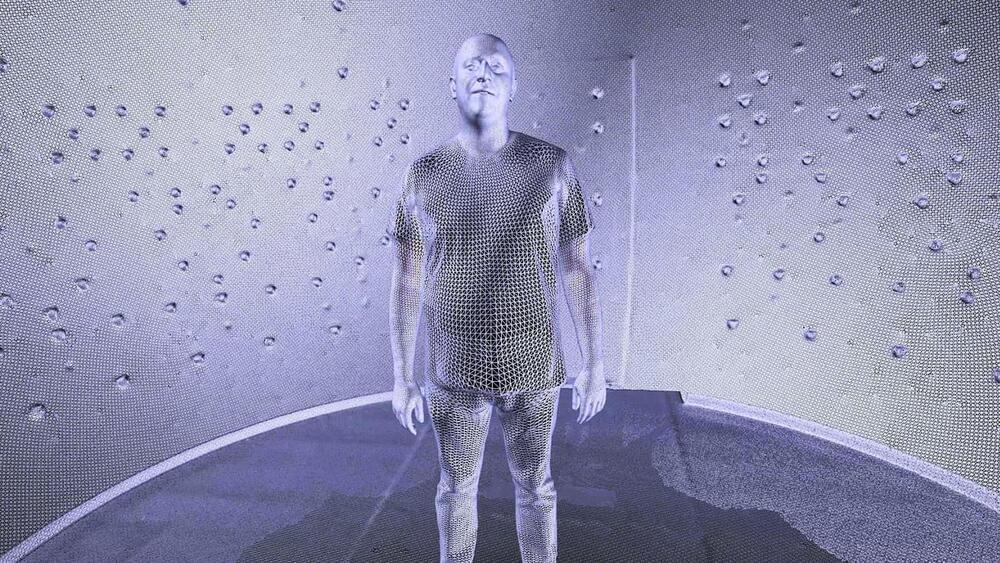Digital Storage Capabilities are about to increase 100x in the very near future with the biggest tech companies like Microsoft or Intel working on making DNA Storage a possibility and bringing it to consumers. This is being accomplished with advances in Artificial Intelligence models in combination with better understanding of Biotechnology. This is the future of storage technology and we may see petabytes of cheap storage in the form of AI very soon.
DNA digital data storage is the process of encoding and decoding binary data to and from synthesized strands of DNA Storage Technology.
–
If you enjoyed this video, please consider rating this video and subscribing to our channel for more frequent uploads. Thank you! smile
–
TIMESTAMPS:
00:00 Storage Today.
01:08 A new approach to Storage.
02:06 The difference between DNA and Storage.
04:30 When is the Future of Storage?
07:01 Microsoft’s Goal.
08:31 Last Words.
–
#dna #ai #storage
Get the latest international news and world events from around the world.
Deepmind’s Newest AI doing the Impossible! — Perfect Weather Predictions
More and more new applications for the improving Artificial Intelligence Models are coming out at an increasing rate. The newest AI models made by Google’s Deepmind took on the challenge on creating the most advanced and accurate weather prediction AI ever made. Deepmind is focused on creating the best, smartest and most intelligent next generation AI in their path to an Artificial General Intelligence.
Predicting when it’s going to rain or how the wind and weather will be in the next days has always been a difficult problem. But this AI that anyone can use will surely change the weather industry and even society. It even allows us to change and control the weather.
If you enjoyed this video, please consider rating this video and subscribing to our channel for more frequent uploads. Thank you! smile
–
TIMESTAMPS:
00:00 Deepmind’s Next Big Project.
02:21 How does this weather AI work?
04:28 Is this the future of weather?
06:09 Is it really so revolutionary?
07:20 Changing the weather.
08:04 Last Words.
–
#deepmind #ai #agi


Meta Offered a Glimpse into the XR R&D That’s Costing It Billions
During the Connect 2021 conference last week, Meta Reality Labs’ Chief Scientist, Michael Abrash, offered a high-level overview of some of the R&D that’s behind the company’s multi-billion dollar push into XR and the metaverse.
Michael Abrash leads the team at Meta Reality Labs Research which has been tasked with researching technologies that the company believes could be foundational to XR and the metaverse decades in the future. At Connect 2,021 Abrash shared some of the group’s very latest work.
Meta’s Codec Avatar project aims to achieve a system capable of capturing and representing photorealistic avatars for use in XR. A major challenge beyond simply ‘scanning’ a person’s body is getting it to then move in realistic ways—not to mention making the whole system capable of running in real-time so that the avatar can be used in an interactive context.



Hadrian X robot to build 5,000 homes in Mexico
Robotic bricklaying company FBR has executed a term sheet with GP Vivienda to supply its Wall as a Service (WaaS) robotic construction system to build between 2,000 and 5,000 homes in Mexico.
The company will also supply all associated retaining walls and other brick and block structures to a greenfield residential development sites.
Construction will utilise the company’s Hadrian X construction robot (pictured) which rapidly builds block structures from a 3D CAD model, producing far less waste than traditional construction methods while dramatically improving site safety.

